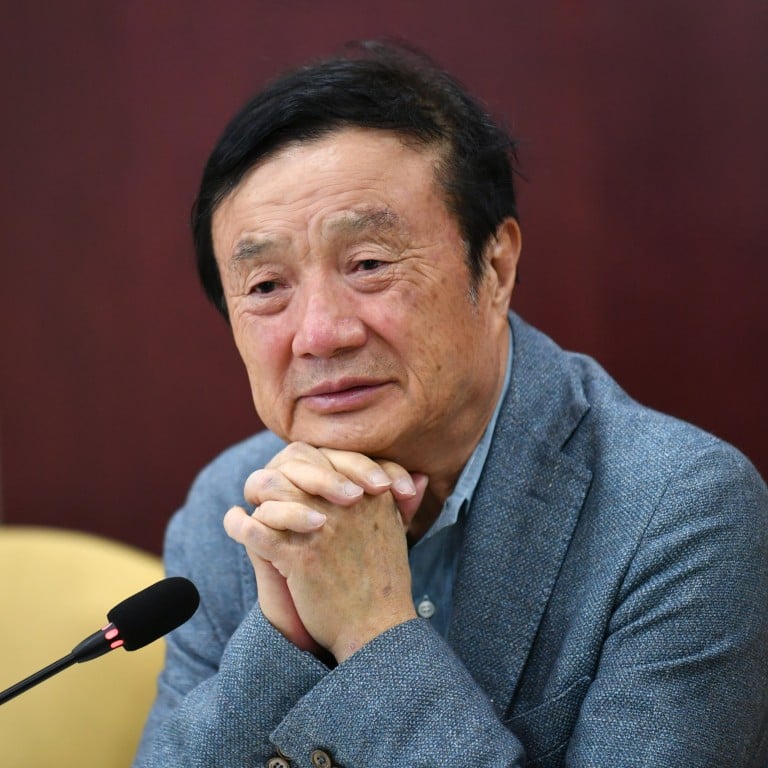
Huawei founder Ren Zhengfei urges US-sanctioned tech giant to grow talent base, not coffers, amid tech war
- In a speech in July, the founder of the telecoms equipment maker told the firm to focus on keeping its lead in specific areas and to invest in talent
- Huawei published the speech this week, after last week’s release of the new Mate 60 smartphones, generating speculation and excitement about its chip
“Huawei will save talent, not US dollars,” Ren said in the speech, which he delivered on July 28. “We will try hard to lead in some business aspects globally, not all aspects. For our products, the boundary can be relatively narrow, but our research boundary can be wider.”
Where did Huawei get the advanced chips for its latest Mate 60 Pro smartphone?
Huawei, which was first sanctioned by the US in 2019, is treated as a symbol of Chinese technological prowess and a key player in the country’s pursuit of self-sufficiency. During Premier Li Qiang’s visit to the company last week, video from state-run China Central Television (CCTV) shows Ren standing beside Li during the trip.
In his July speech, Ren said the best motivation for talented workers is passion.
“I think the material reward is not that important,” he said. “The first thing is that [the worker] finds a position he has passion for … If he can work on something he is interested in, he will have no regrets.”
Ren added that no one is good at all aspects of a business from day one and that it takes time for people to grow their talents beyond a single specialised field. “[In time], you will see who becomes a leader. It’s a natural process,” he said.
Ren did not mention US sanctions or specific business plans in his speech.
Talent recruitment has long been important for Huawei. Ren initiated a programme known as “Top Minds” in 2019, just months after the company was blacklisted by the US government. That recruitment drive, later dubbed the “Genius Youth” programme, gave priority to candidates whose research had produced “tangible and impactful” results and winners of top research honours, according to an advertisement posted by Huawei on Weibo at the time.
Huawei has 207,000 employees globally, according to its website, and 55.6 per cent are research and development personnel. This is up from the end of 2021, when the company said it employed 195,000 people, with 54.8 per cent of them in R&D.

